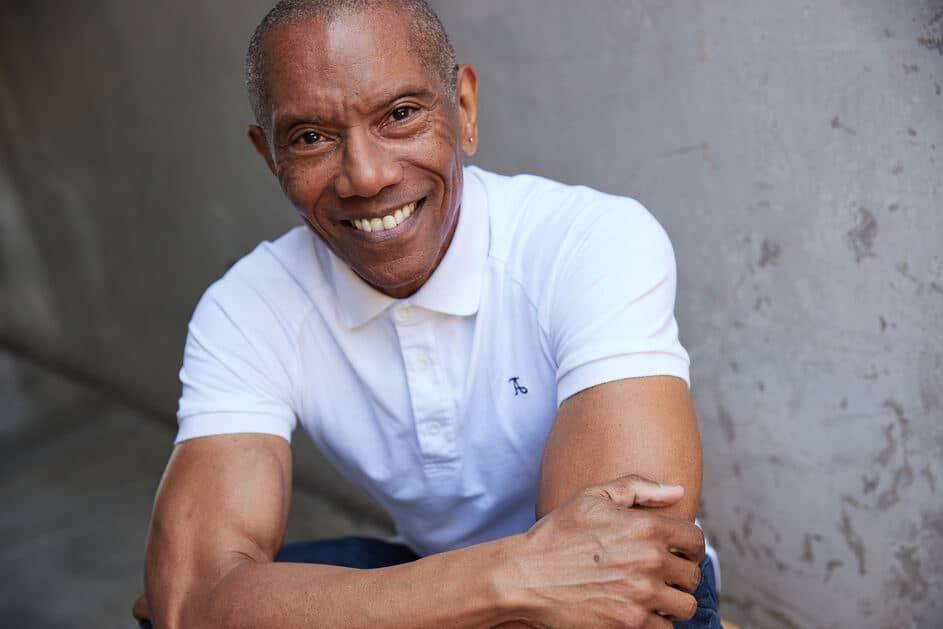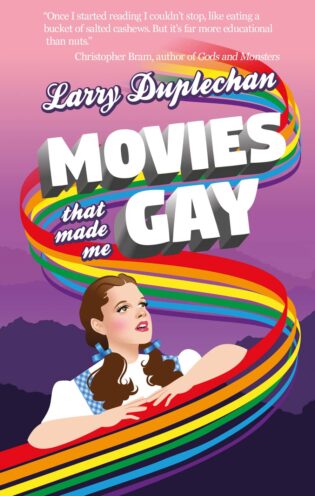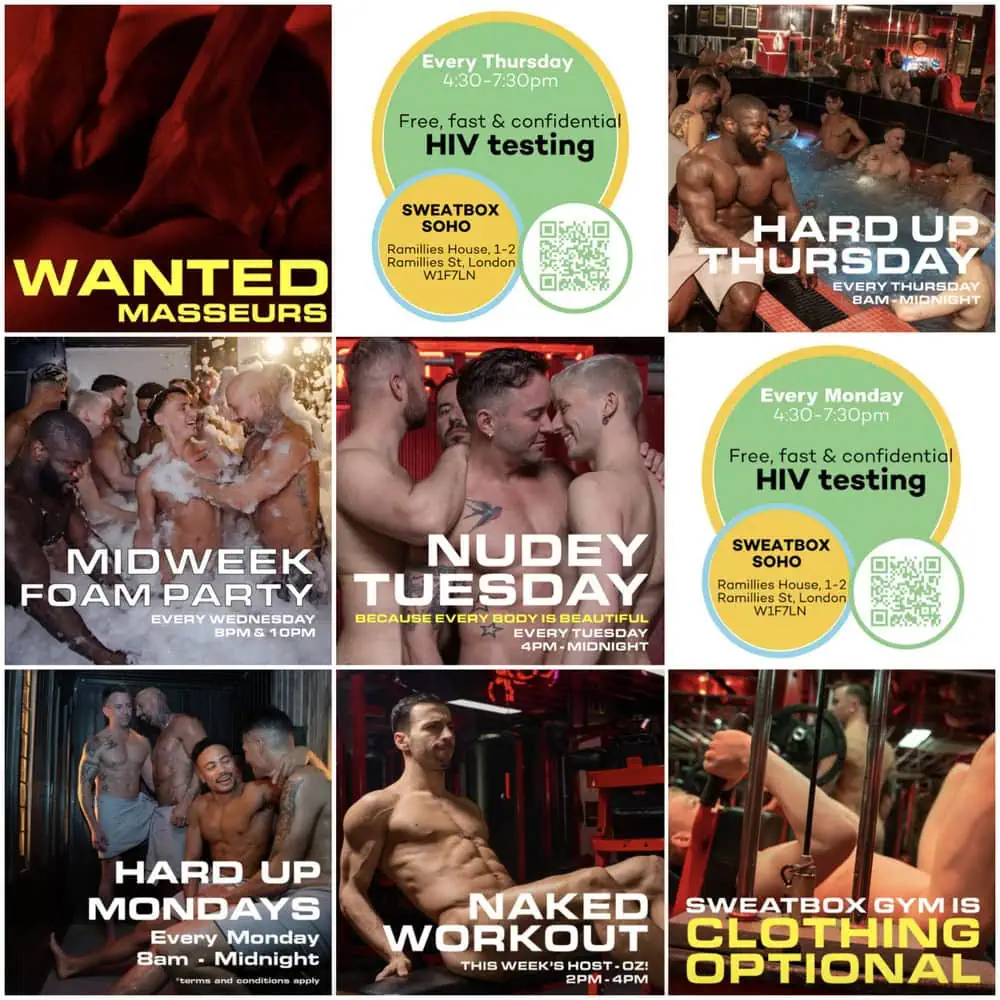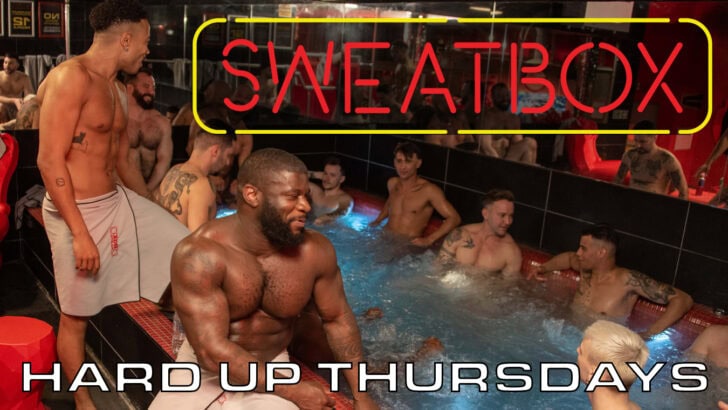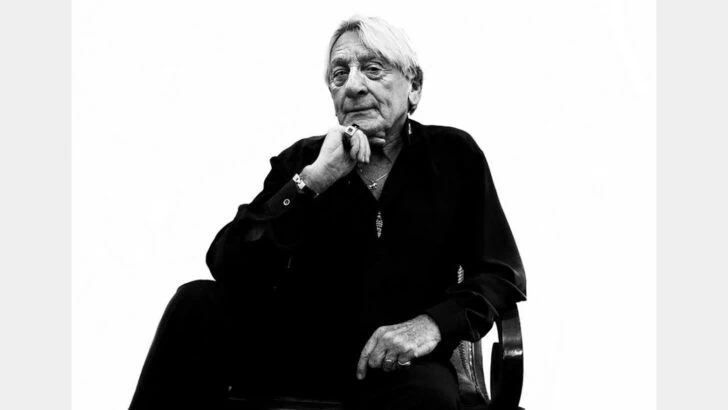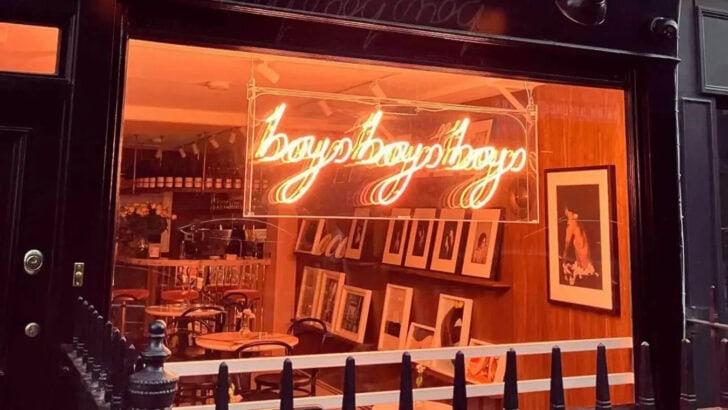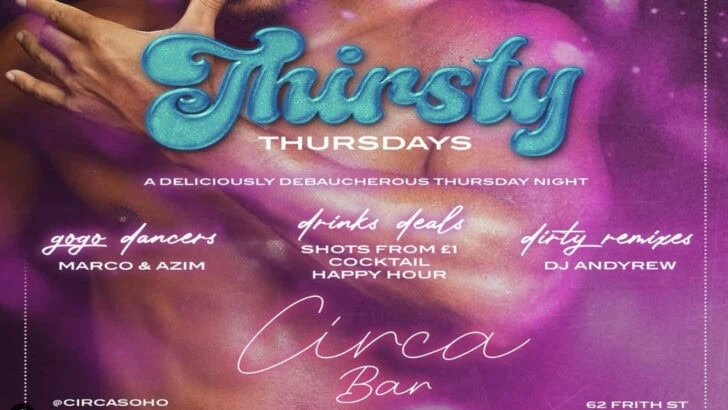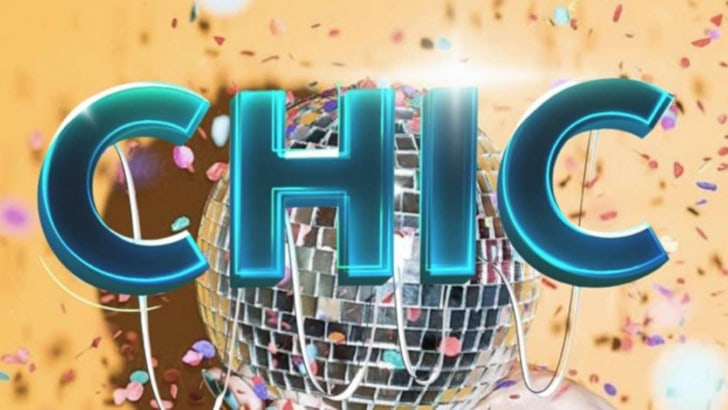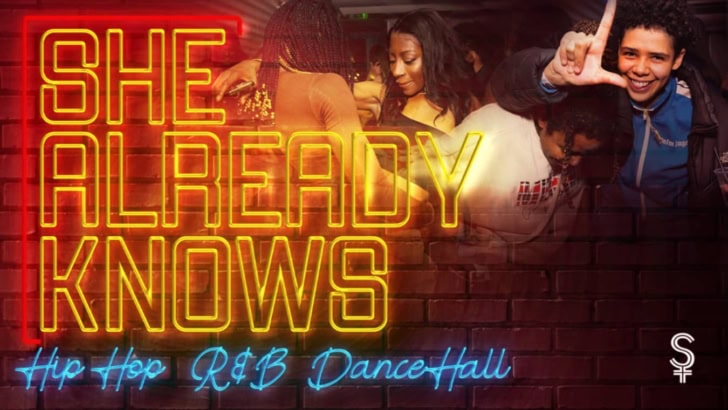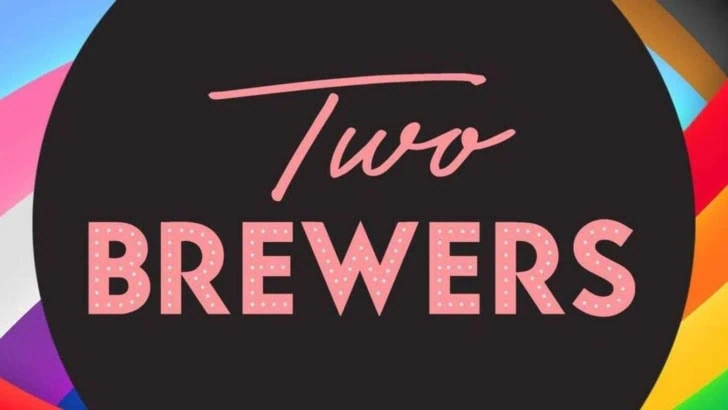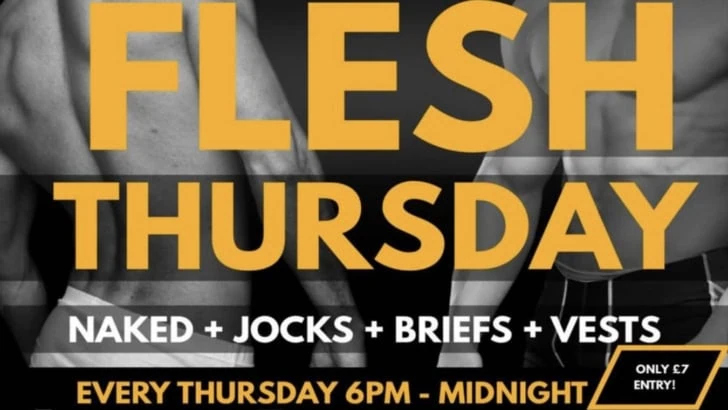In this exclusive extract from his new memoir, the landmark American writer and queer black icon Larry Duplechan celebrates the power of cinema in shaping queer identity.
I can only speak from my own experience, and from the anecdotal evidence of other gay folk of my generation (We’re in our 60s and 70s now – oy!), but many of us who came of age and came out during the years shortly before and just after the Stonewall Uprising effectively lost our traditional families upon coming out. We were all too often sent away, put outdoors, maybe even physically attacked by fathers and brothers, snubbed and avoided by parents and siblings for years, maybe forever. And “forever” could mean parents who refused to visit their sons as they died of AIDS in the 1980s and ’90s. (I can only hope things are generally better for the generations following my own.)
When I moved in with my boyfriend in 1976, the summer following my sophomore year at UCLA, my father sat me down at the dining room table and said, “If this is the way you’re going to live, I can’t support you anymore.” Cutting me off without a brass farthing, with two further years of college to pay for. I said, “Well then, I guess that’s that.” At which point, my boyfriend became my family.
Fortunately, my then-boyfriend, now husband, who had only just graduated college himself and was in search of an entry-level job, was determined that I finish school. But I didn’t see or speak to my parents for years after that. I literally didn’t have time for their homophobia: I was taking a full load of classes, working almost full time, and holding up my end of a gay marriage (but of course, we couldn’t actually get married).
Part of being a two-person family (Greg came out to his family shortly after I came out to mine – also not pretty, but not my story to tell) meant, among other things, creating our own family traditions. Holidays we had grown used to spending with our respective relatives, became holidays we spent with friends (gay people may not have invented the concept of “the family you choose”, but of necessity we perfected it) or just with each other. Because we both loved old movies – Greg came to the relationship as a Mae West and W.C. Fields fan; I was already fluent in Busby Berkeley and MGM musicals – almost from the start, our family traditions involved classic movies. As I recall (and again, it was a long time ago), it started with Holiday Inn (1942) on commercial TV after Thanksgiving dinner, kicking off the Holiday Season by singing “White Christmas” with Bing Crosby, and making fun of Virginia Dale’s cankles.
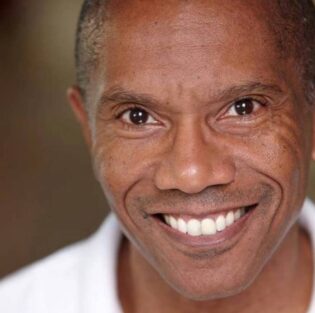
Our relationship began just about concurrently with the introduction of the VHS videotape format. Within a few years, we owned the first in a succession of home video player/recorders, and the Holiday Film Fest, as we have come to know it, was born – first the Christmas Fest; then, as I recall, the Halloween Fest, fueled by The Husband’s love of old horror movies. No longer would we be dependent upon when Holiday Inn or Yankee Doodle Dandy or Godspell was aired on commercial TV. We could rent videos, or buy them, or just record movies off of TV. (Suddenly wondering about the statute of limitations on bootleg VHS tapes…) Morton Da Costa’s The Music Man (1962) has been part of the 4th of July Film Fest since about 1980: first recorded off of PBS, then purchased on (pan-and-scan) VHS, then letterboxed on DVD, and currently Blu-ray. Black History Fest followed on, then Easter, then Pride.
When we love a movie, we want to own it, and in the format with the best video and audio quality available. The number of times I have gone back to a movie only to find Netflix has dropped it, has left me with a distrust of subscription streaming services that I don’t see abating anytime soon; so if I think I’ll watch a movie more than twice, I’ll likely buy a cheap used DVD or Blu-ray (if available) on Amazon or eBay. So for many years now, our holiday film festivals have been a stack of discs. And I bring out the first stack of the year, on the first of February.
Larry Duplechan’s novel, Blackbird (1986) was the inspiration for the film by Patrik-Ian Polk (starring Academy Award-winner Mo’Nique) in 2014. Movies That Made Me Gay is out today and available from https://bit.ly/MoviesGay and all good book retailers.
